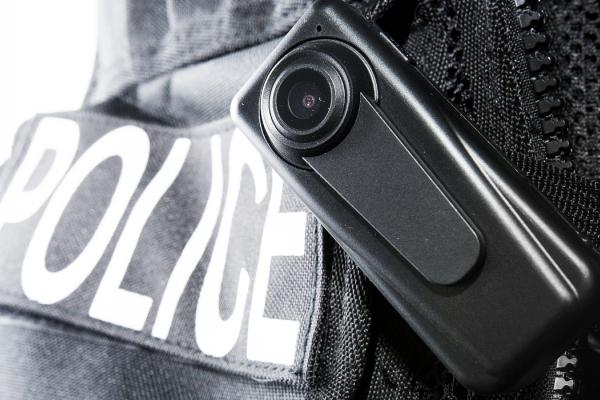Sep 28, 2016
In the U.S. the Freedom of Information Act is a law designed to enable Americans to access government information. But, often, the Freedom of Information Act fails to ensure this basic right. For example, in the case of the Laquan McDonald shooting, the Chicago Police Department denied fifteen Freedom of Information Act requests for the video of the shooting to be released. It wasn’t until many members of the community expressed their concern about the video not being shown to the public, and a city judge ruled in their favor, that the video was finally released. It shouldn’t have taken so much effort to get access to what’s rightfully ours.
Read the Full Article

Already a subscriber? Login
